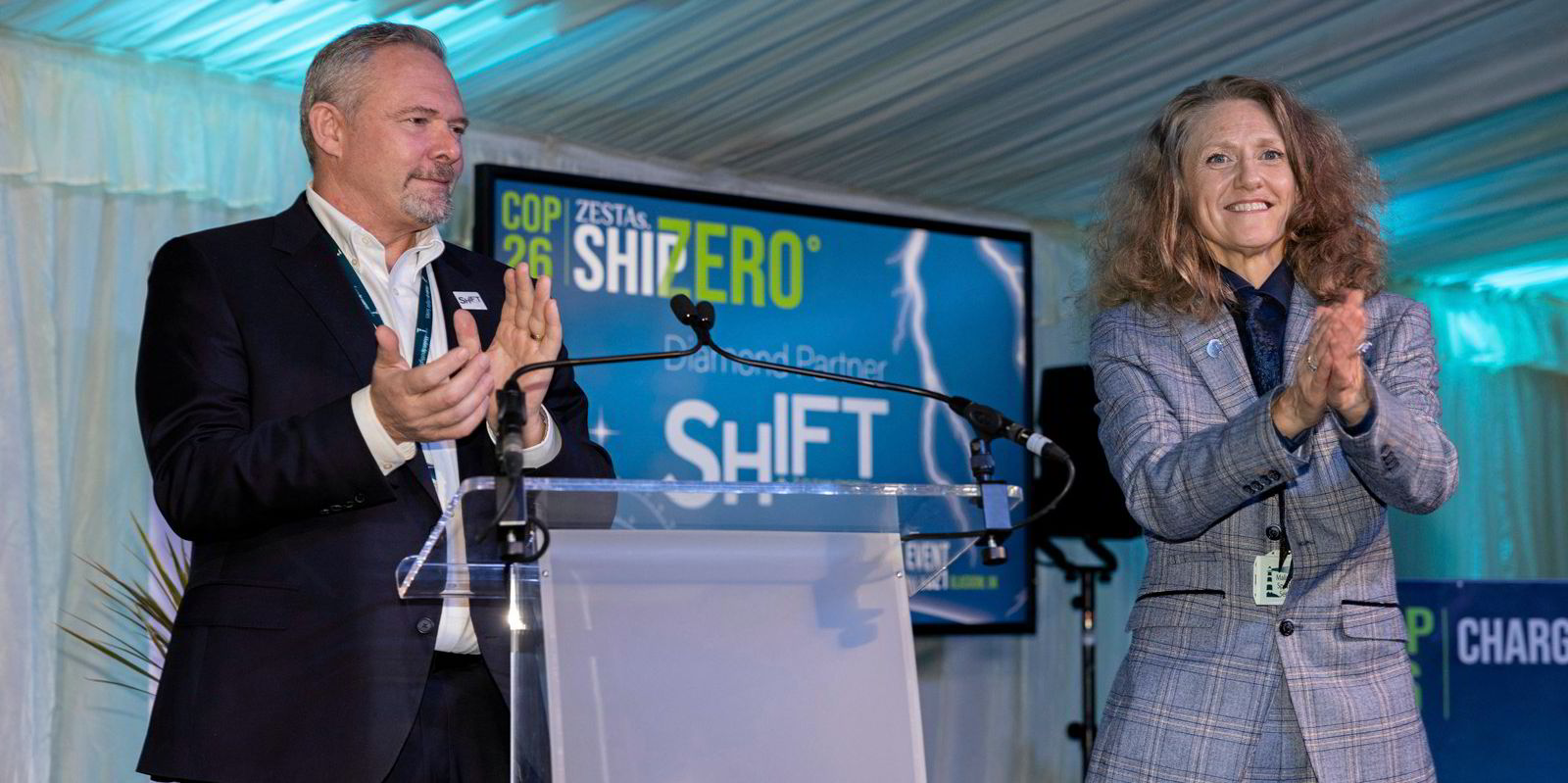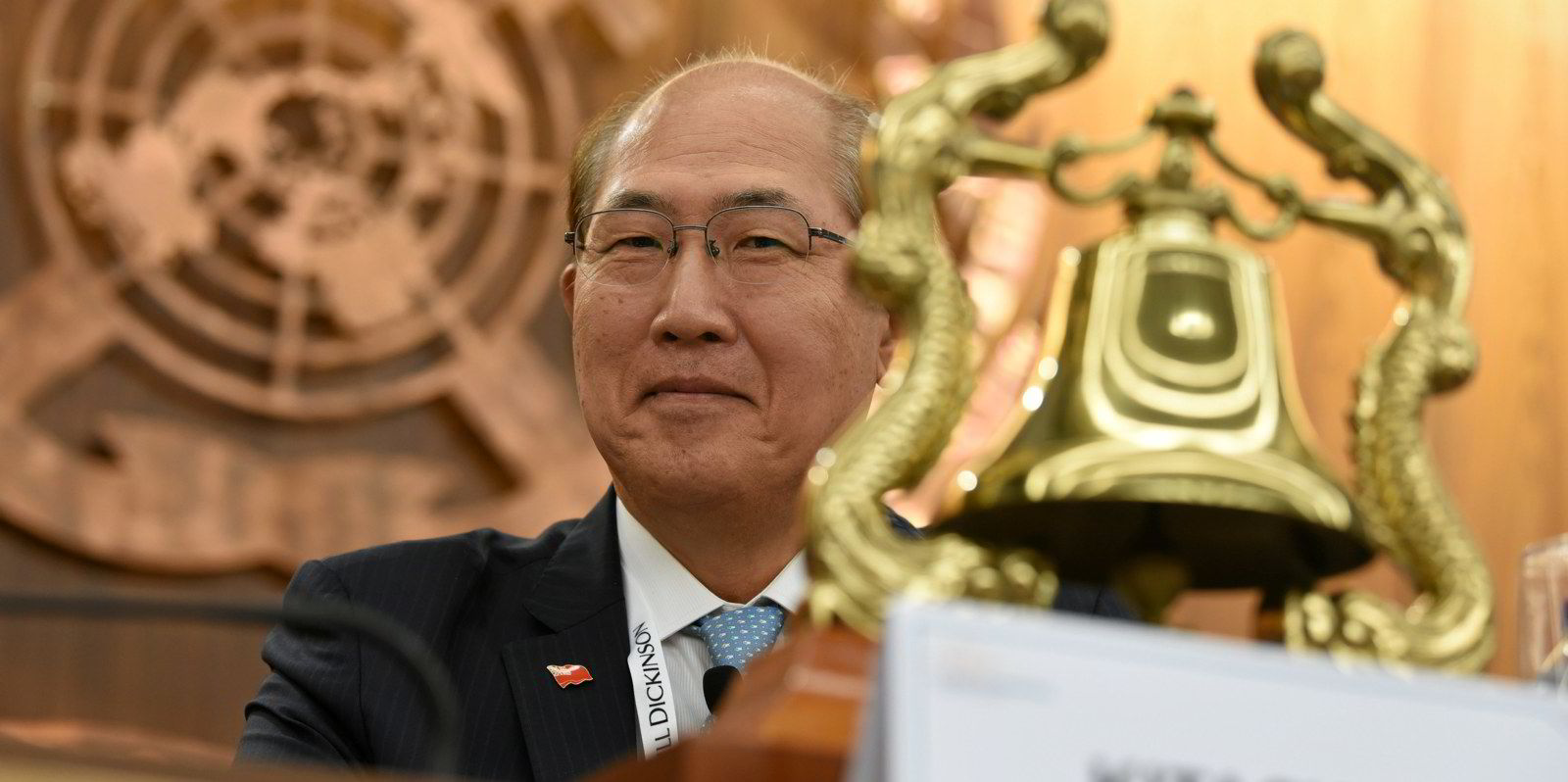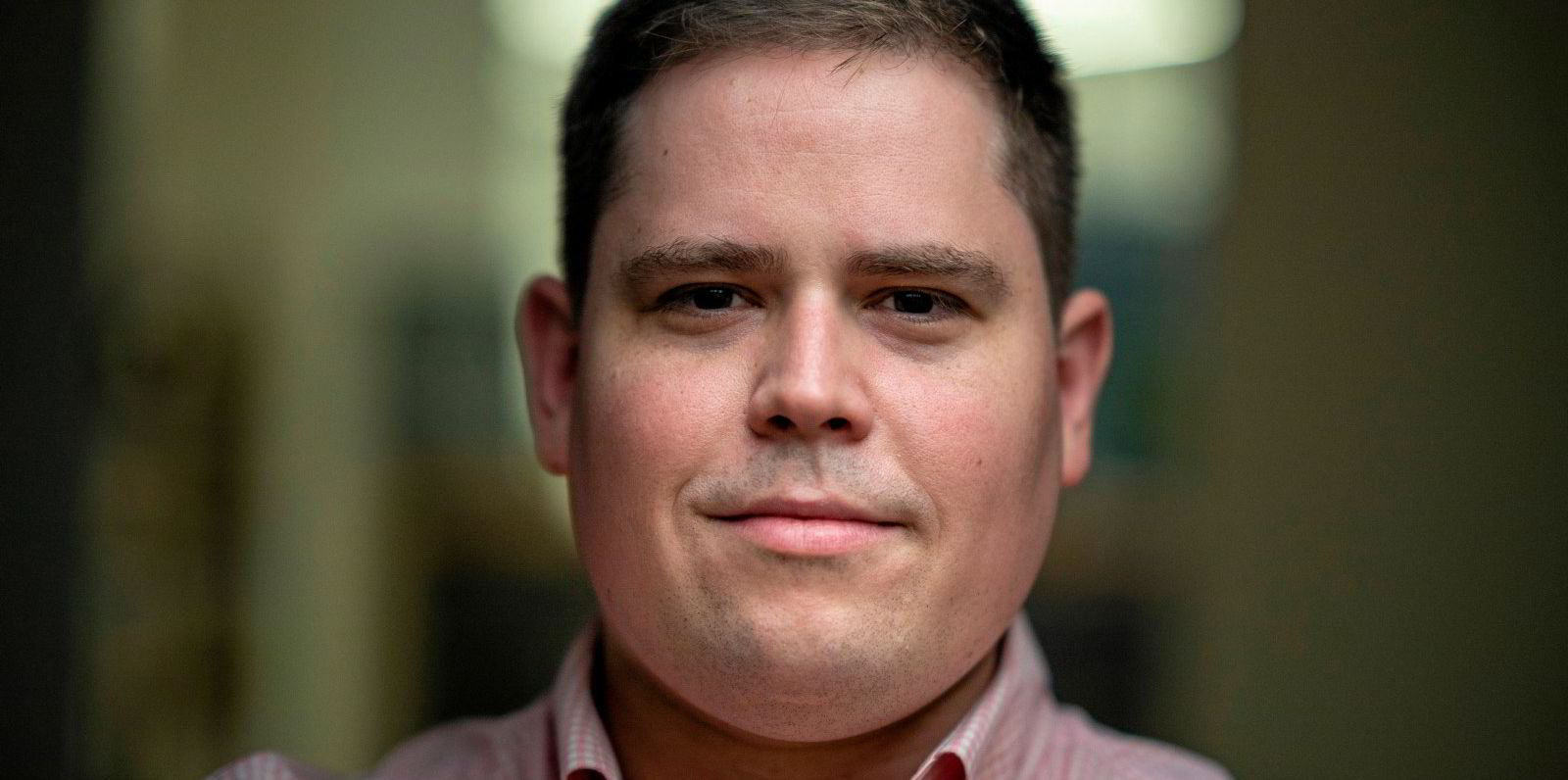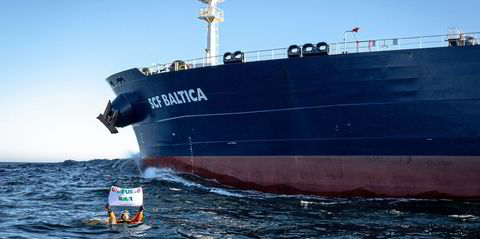Countries at the International Maritime Organization appeared to be moving toward full “well-to-wake” accounting of shipping emissions as the United Nations’ body works toward decarbonising the sector.
Shipping industry executives and non-governmental organisations said most nations at an intersessional working group appeared to support full inclusion of upstream emissions, rather than just carbon output on board a ship.
The week-long meeting, which closed on Friday, focused on how shipping’s greenhouse gas emissions would be quantified under a lifecycle assessment of marine fuels.
Simon Bergulf, senior director of ESG and public and regulatory affairs at Danish shipping giant AP Moller-Maersk, said at the meeting’s close that he is “carefully optimistic” that a majority of IMO member states, NGOs and industry organisations support well-to-wake accounting.
“This meeting is thus clearly a step in the right direction to secure well-to-wake assessments,” he said in a LinkedIn post.
He said this is the right scientific approach, in addition to reflecting the way other UN bodies and the European Union count emissions.
But Bergulf said uncertainties remain because some member states want a tiered approach.
“It is crucial not to open the door for first including tank-to-wake and then including well-to-tank at a later stage,” he said. “This is completely unnecessary, would be detrimental to the green transition and a very poor signal in terms of future-proofing industry investments.”
How to count it
As the IMO works toward cutting shipping’s carbon output, the lifecycle assessment question focuses on whether emissions should be counted on a tank-to-wake basis, only factoring in emissions when the fuel is used on the ship, or the well-to-wake emissions that factor in the carbon footprint of a fuel’s production.
NGOs including environmental groups Seas at Risk, Pacific Environment and Ocean Conservancy described the intersessional working group meeting as a step in the right direction toward rigorous emissions accounting.

They said that countries demonstrated “strong agreement” for wake-to-well accounting, giving confidence to investors that green hydrogen produced using renewable electricity is the fuel of the future, in contrast to fossil fuels or biofuels.
But they said work needs to be done to align shipping to the goals of the Paris Agreement.
“The IMO must use the momentum built at [Intersessional Working Group Greenhouse Gas 11] and put in place a science-informed marine fuel standard that accounts for short-term climate heaters, like black carbon and methane, which are particularly damaging to the Arctic,” said Seas at Risk senior shipping policy officer Lucy Gilliam.
Madadh MacLaine, secretary general at Zero Emissions Ship Technology, said that the IMO’s move toward assessing fuels’ full carbon impact is positive.
“By IMO showing a clear direction to consider the full well-to-wake lifecycle impact of fuels, it allows investment decisions to be made,” she said.
“The investor community needs assurance that there is going to be strong offtake for genuine green fuels, in order to build the large-scale renewable energy projects needed to make them. This week of talks at IMO should go some way to giving that assurance.”






